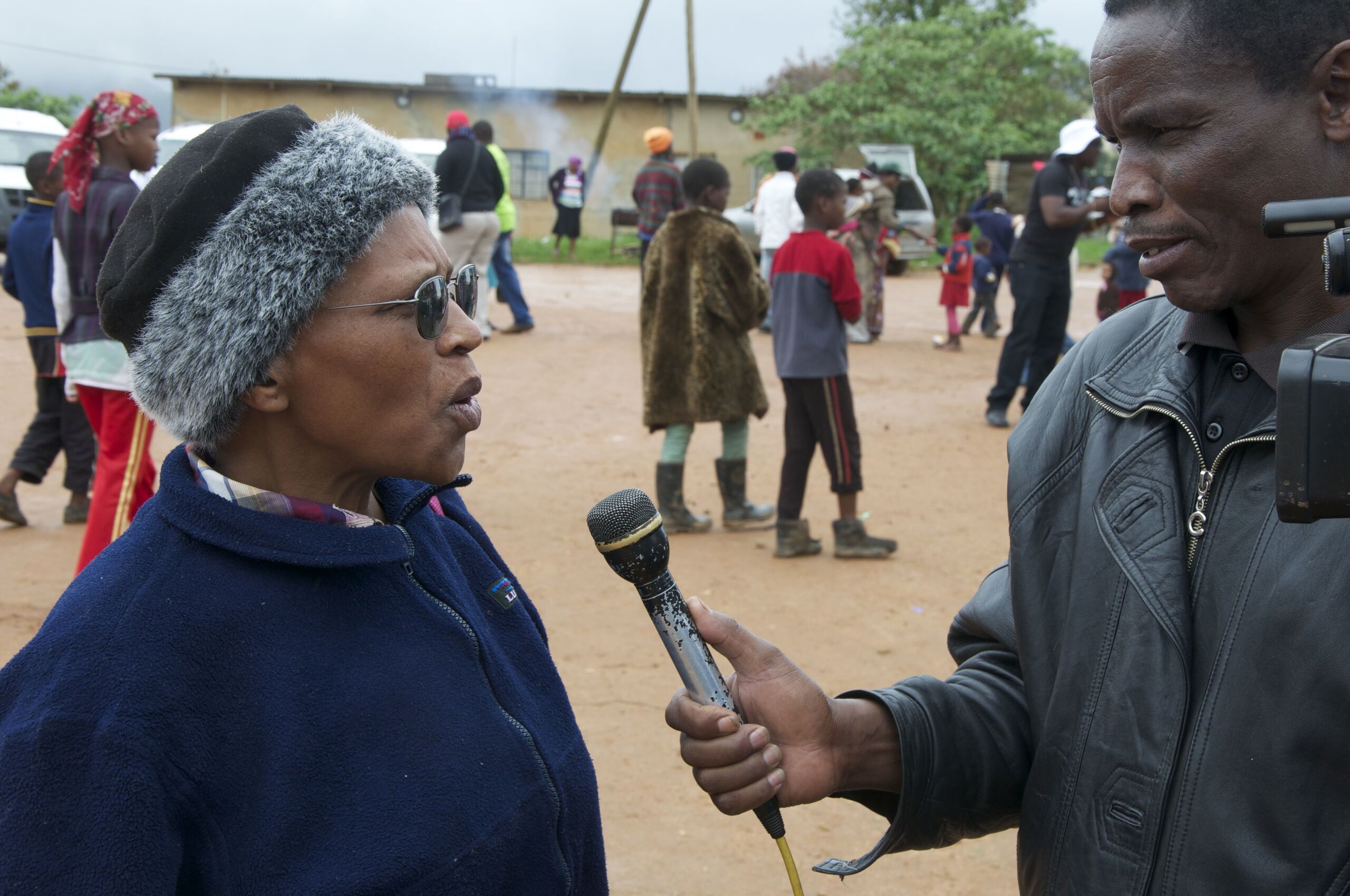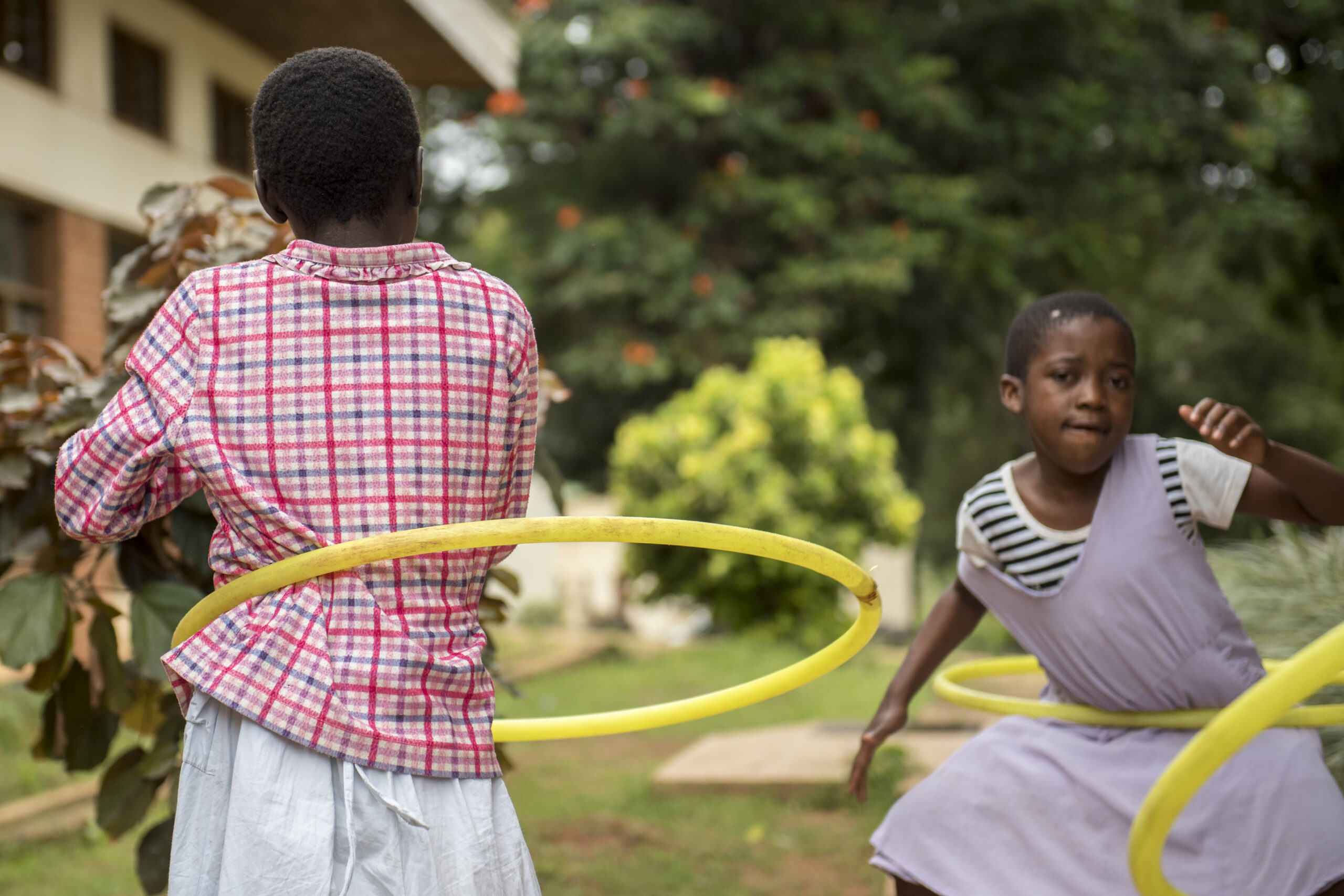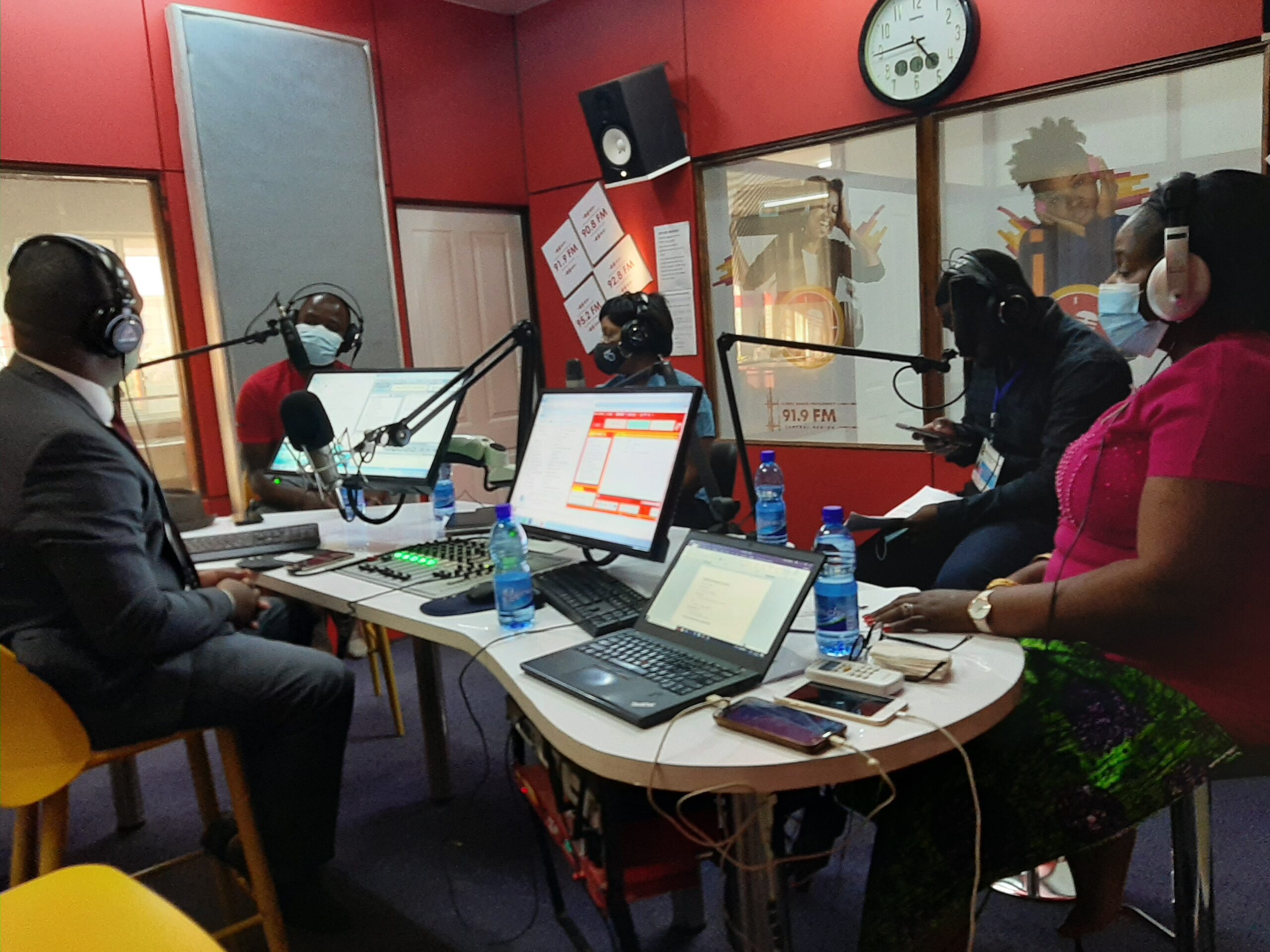This December, members of the Elizabeth Glaser Pediatric AIDS Foundation (EGPAF) communications team traveled to Mozambique and Swaziland and have returned with a wealth of insights and stories for our “Field Notes” series. Stay tuned throughout this year for updates from our team as we highlight EGPAF’s work to end pediatric HIV/AIDS around the world.
We rely on the news media to educate us about important issues going on around the world—but who educates the media? How do reporters access the information that we all depend upon?
Journalists pride themselves on skilled research, interviews, and due diligence, but you might be surprised to learn that they also rely on the experts to teach them about new issues and educate them on how to write about and report on certain topics.
When I traveled to Swaziland this past December, I was able to see firsthand the value of a journalist training session. The EGPAF Swaziland office hosted a two-day workshop for local journalists to teach them about HIV and AIDS and the work EGPAF does to prevent HIV-positive women from transmitting the virus to their babies.
More than 15 journalists from media houses such as the Times of Swaziland, Swazi Observer, Swazi TV, and Channel S attended the journalist training, which included presentations from EGPAF experts and representatives from the Swaziland Ministry of Health (MOH). Many of the journalists were surprised to learn about the robust programs in place to provide HIV testing, counseling, and treatment along with HIV prevention in Swaziland—which currently has the highest HIV prevalence rate in the world.
Training session topics included:
• The essential role the news media can play in educating people about HIV
• Prevention mother-to-child transmission (PMTCT) of HIV
• The importance of male involvement in HIV prevention
• MOH policies and programs to treat and prevent HIV
For many of the journalists, this training was their first opportunity to learn about the services EGPAF offers in partnership with other U.S.-based programs such as the U.S. Agency for International Development (USAID) and the U.S. President’s Emergency Plan for AIDS Relief (PEPFAR). Many were surprised to learn that pediatric HIV is almost 100 percent preventable and that EGPAF and its partners have made amazing progress in Swaziland, providing more than 144,000 HIV-positive women with PMTCT services.
Personally, what impressed me most was how excited the participants were to learn this information and develop stories to teach audiences about HIV and AIDS and how the country is working toward an AIDS-free generation.
Stay tuned to the EGPAF blog for news stories and reports from the training attendees!
Learn more about EGPAF’s work in Swaziland.
Johanna Harvey is EGPAF’s Senior Communications Officer, based in Washington, D.C.




